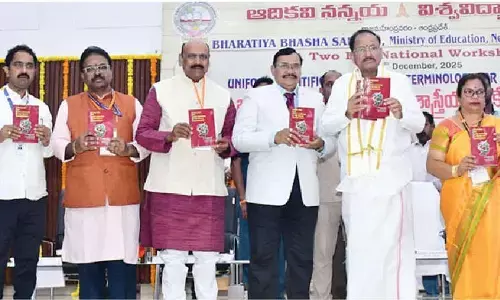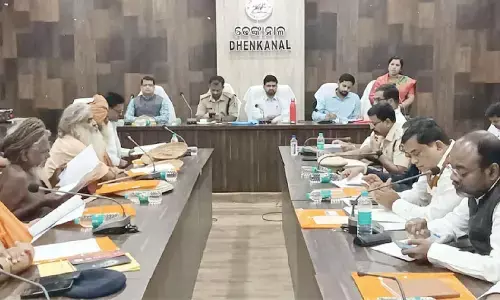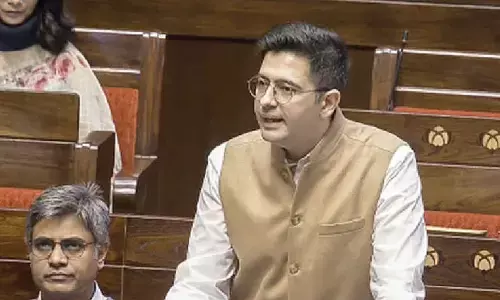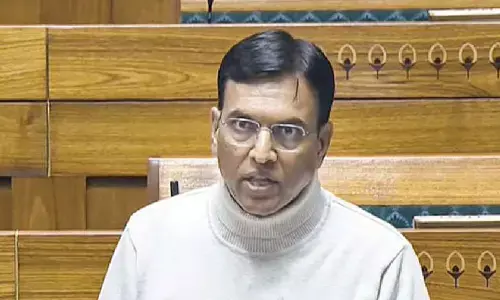'Zindagi Badi Honi Chahiye, Lambi Nahin', Delhi HC judge quotes 'Anand' dialogue in farewell speech
Share :
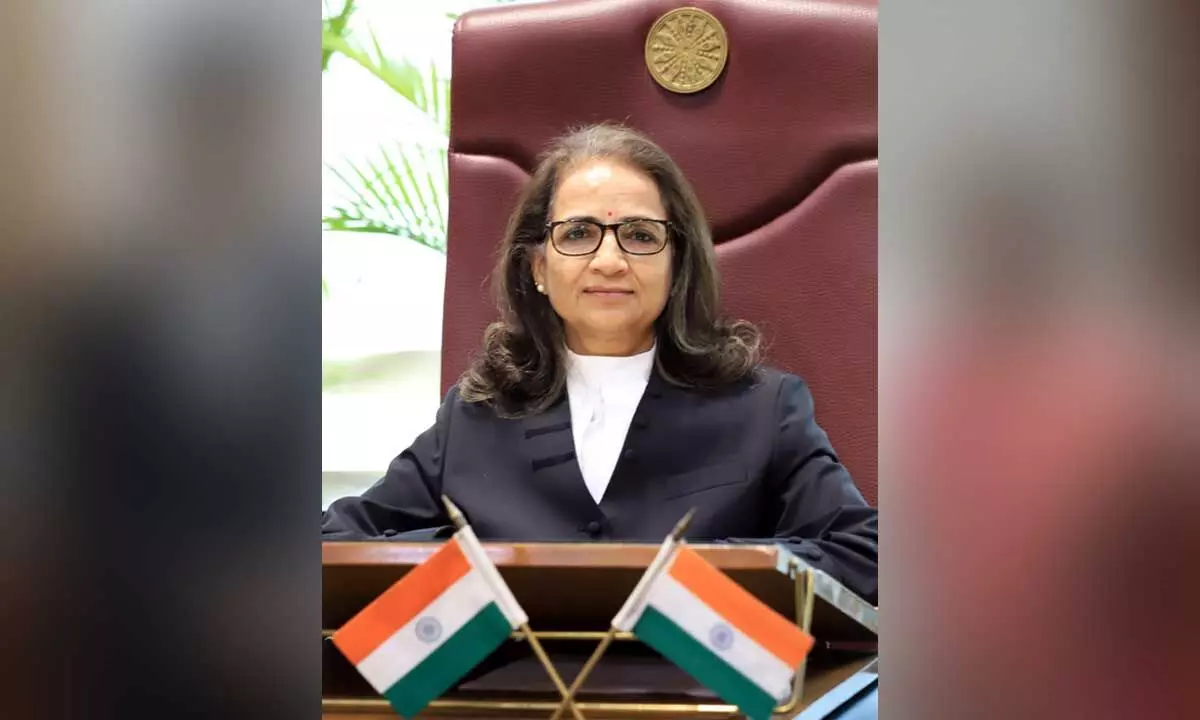
Justice Poonam A. Bamba of Delhi High Court
At her farewell speech on Thursday, Justice Poonam A. Bamba of Delhi High Court highlighted the demanding nature of judges' work hour, noting that it often extends into their personal lives, resulting in a lack of work-life balance.
New Delhi: At her farewell speech on Thursday, Justice Poonam A. Bamba of Delhi High Court highlighted the demanding nature of judges' work hour, noting that it often extends into their personal lives, resulting in a lack of work-life balance.
“Judges work for such long hours and even carry the work home, creating a hodge-podge with little work-life balance left," Bamba said.
She also expressed her satisfaction and gratitude for upholding her oath and fulfilling her duties as a judge.
“I am reminded of a very famous dialogue of Rajesh Khanna from the film 'Anand', ‘Babumoshai, Zindagi Badi Honi Chahiye, Lambi Lahin' (Life should be meaningful, not long). So, I can say that my journey in the high court, though short, has been very significant. And if the legitimate expectation of long tenure is met, that is always welcome,” Bamba said.
Drawing a parallel between judges and actors, she mentioned that hanging up the robe signifies the end of the role.
“Whenever an actor hangs his costume, he knows the role has come to an end. It is the same for judges. When judges hang their robe, they know their role has come to an end,” she said.
Bamba was elevated as a permanent judge of the Delhi High Court on March 28 last year.
She shared how initially she pursued science but embraced law on her father's insistence, eventually finding fulfilment in her judicial career.
During her time as a district judge, she initiated a 'know your colleague forum' and a 'happiness committee', which were well-received among judicial officers.
With a focus on a human-centric approach to governance, she aimed to create a more relaxed and supportive workplace environment.
“I have always been driven by passion. I always had a human-centric approach to governance and administration. I focused on each judicial officer as an individual first, and judge later. My endeavour has been to make the workplace a little easier and a little relaxed,” she said.
Stressing on how much mental health matters to her, she said: “We all know that we work under great pressure. Environment and mental health is very close to my heart. As human beings, we all need to be acknowledged. I tried my best to acknowledge people as themselves.”
Reflecting on her experience, she said that the judiciary offers a unique platform with substantial powers and minimal interference, which provided her with deep satisfaction throughout her career.








